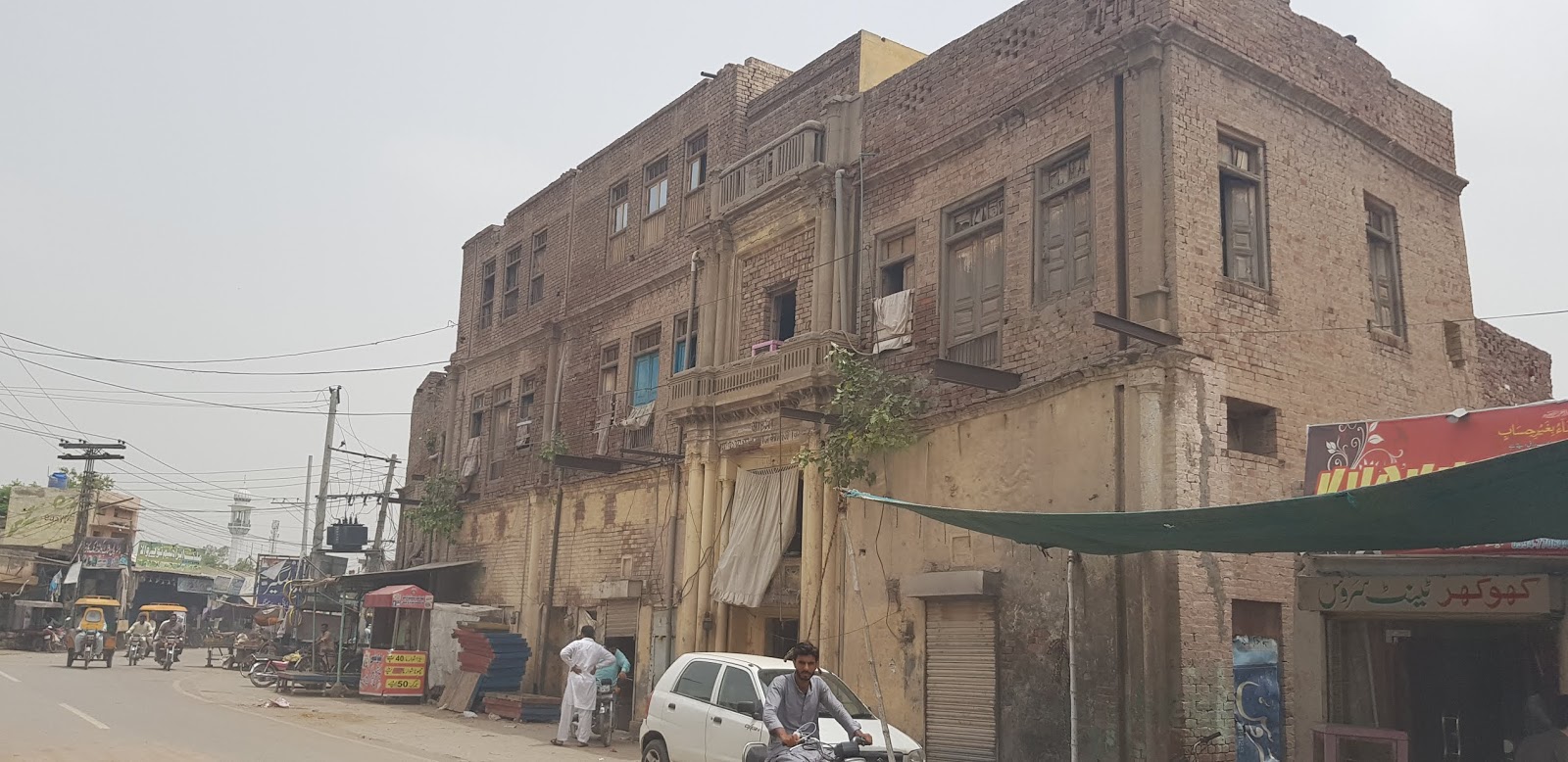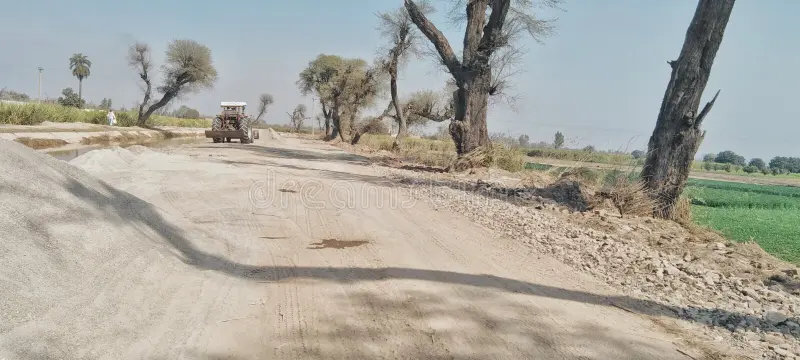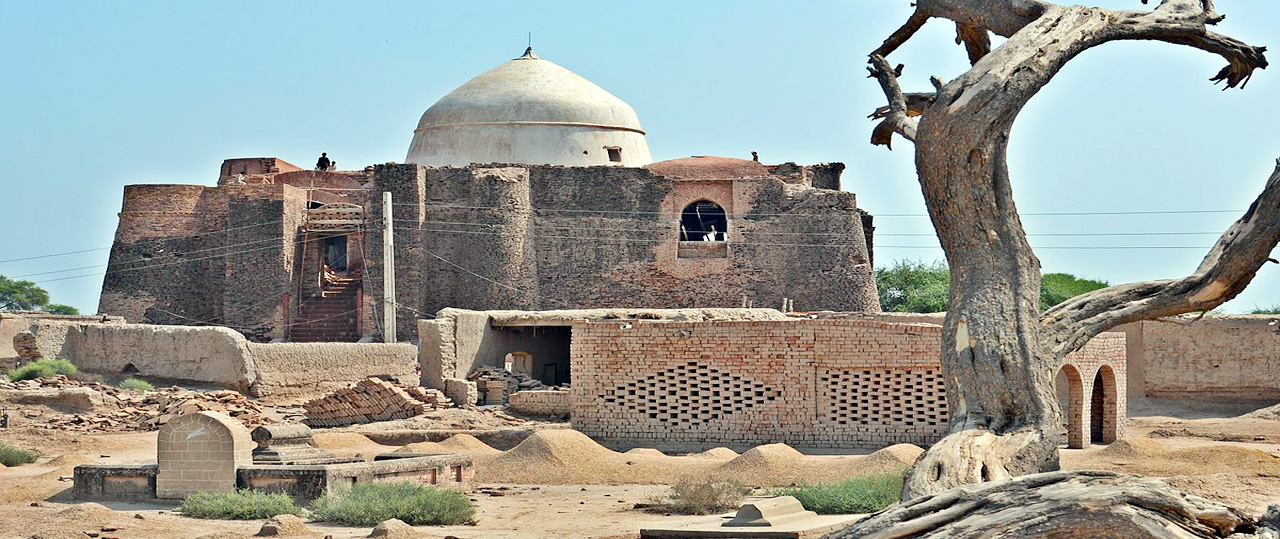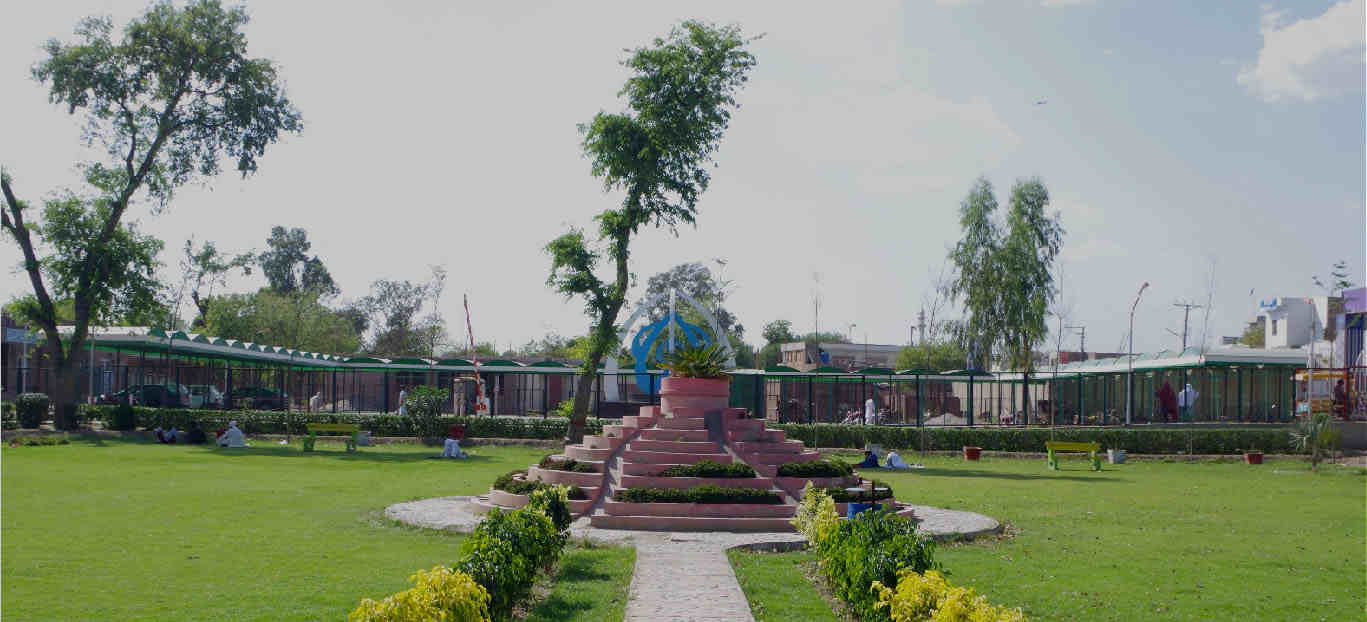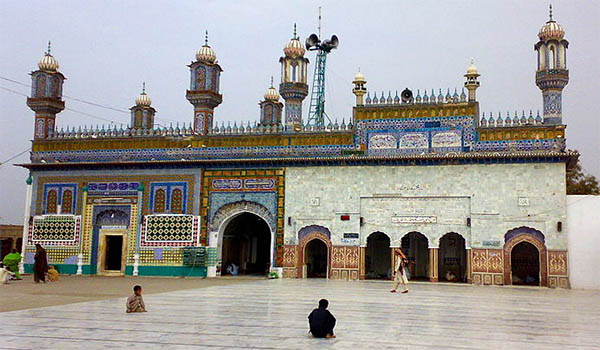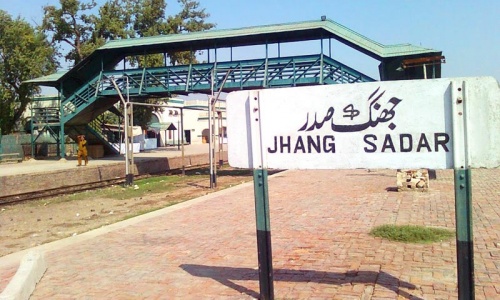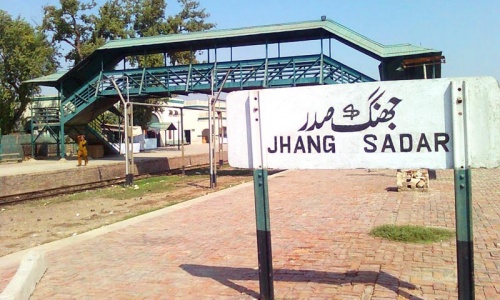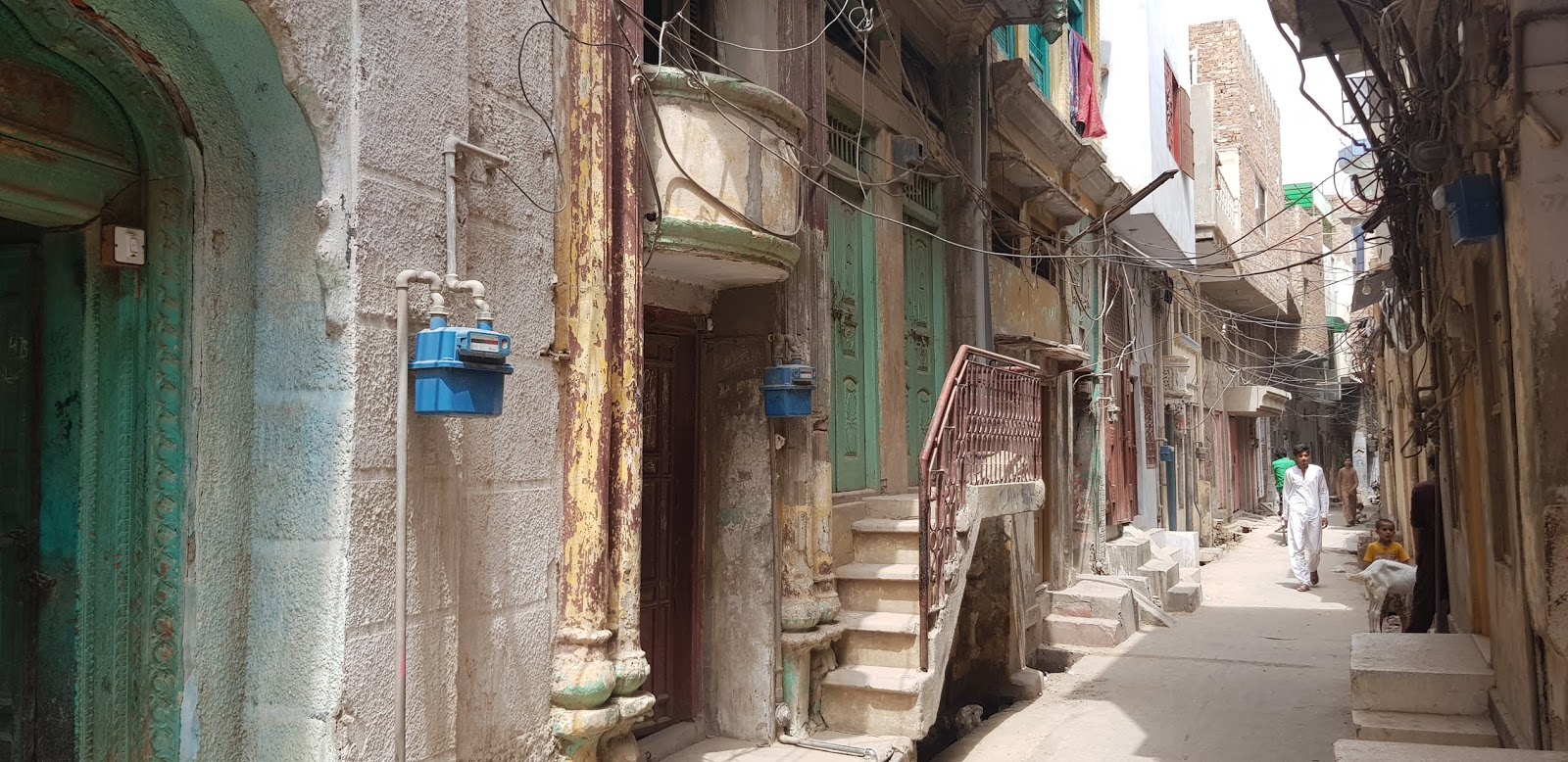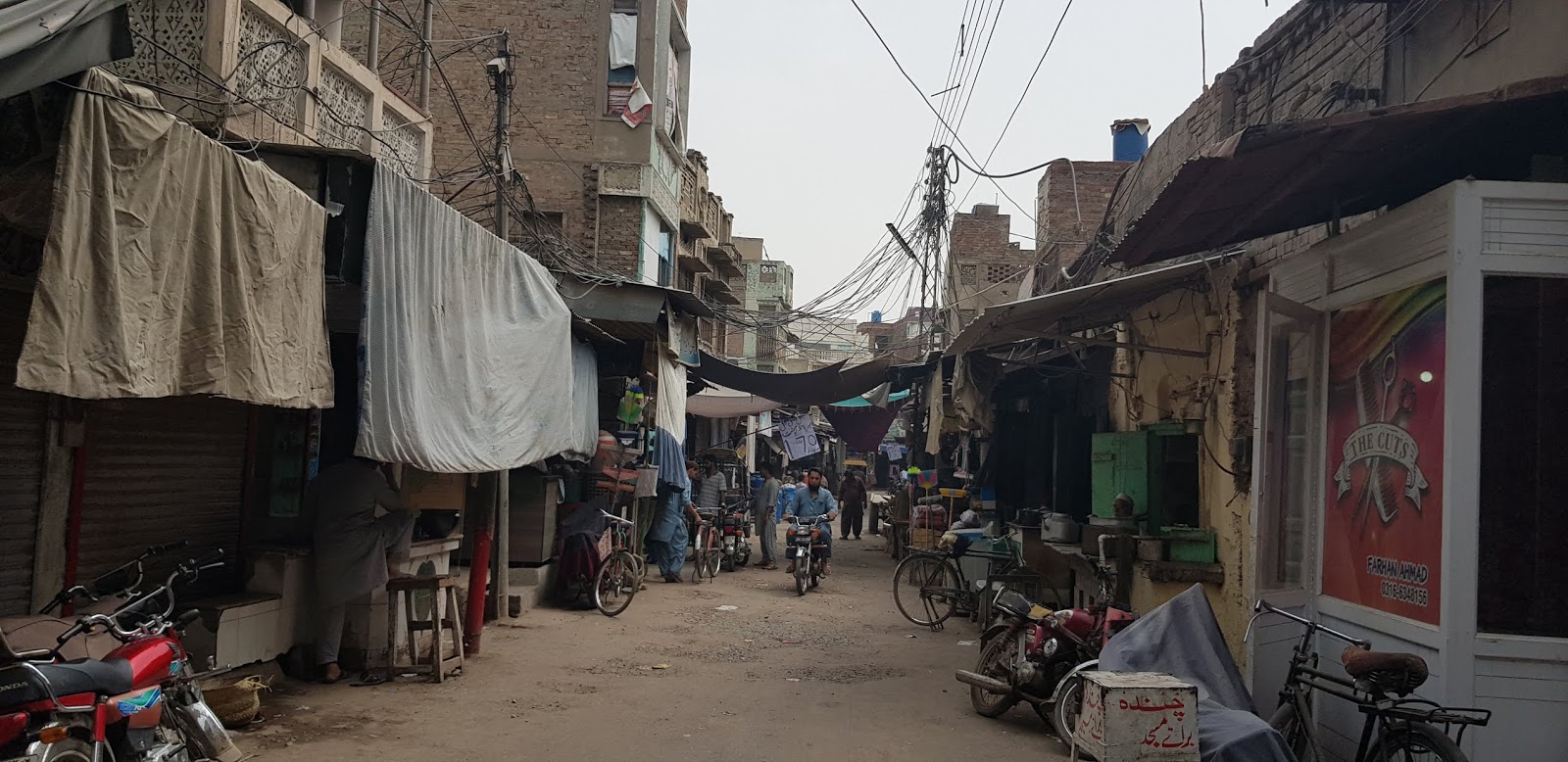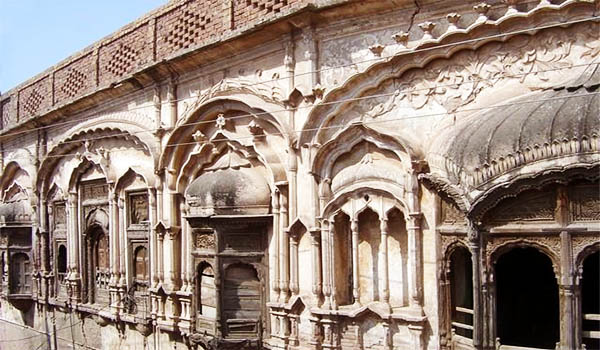
About the Jhang
A Timeless Chronicle of Culture, Heritage, and Transformation
Nestled in the heart of Punjab, Pakistan, Jhang is a city steeped in history, folklore, mysticism, and the ever-evolving rhythm of South Asian life. With a legacy that predates many modern settlements, Jhang holds a unique place in the cultural and historical narrative of Pakistan. It is not merely a city on a map; it is a living archive of traditions, poetry, devotion, and resilience. Often overshadowed by more commercial urban centers, Jhang has preserved an identity rich in spiritual heritage and folklore that captures the imagination of anyone who hears the name.
Jhang is known far and wide for its association with some of the subcontinent’s most beloved folk tales and Sufi saints. The city is perhaps most famously linked with the story of Heer and Ranjha, one of the quintessential tragic romances in Punjabi literature. The very mention of Heer conjures up images of lush green fields, traditional village life, and timeless love. This emotional connection with literature and storytelling sets Jhang apart from other cities.
But beyond romance and poetry, Jhang has a multifaceted personality. It is a place where tradition meets transformation, where ancient customs coexist with the fast pace of modern development. Over the decades, Jhang has grown from a quiet rural settlement into a district capital with significant agricultural, educational, and administrative importance. It is a microcosm of Pakistan’s greater journey—one that mirrors the aspirations, struggles, and achievements of the nation itself.
Geography and Location
Jhang is strategically located in the southern region of Punjab. The city lies at the confluence of two rivers: the Jhelum and the Chenab. This geographic feature gives the city a lush and fertile landscape, making it ideal for agriculture. The rivers have not only blessed the land with fertility but have also played a key role in shaping the culture and economy of the region. The people of Jhang have always lived close to the rhythms of the river—harvesting crops, celebrating festivals, and enduring floods with a shared resilience that binds the community together.
The city enjoys a moderate climate, with hot summers and mild winters. The agricultural cycle dominates the life of the people, as the changing seasons bring new colors to the landscape—from golden fields of wheat to lush green sugarcane and cotton plantations. The rural backdrop, complete with the scent of soil after rain and the sounds of farmers working in the fields, creates a symphony of life that is uniquely Jhang.
Early History and Origins
The origins of Jhang stretch far back into antiquity. The name “Jhang” itself is believed to be derived from the Sanskrit word “Jangala,” meaning rough terrain or forest. In earlier times, this region was dotted with small tribes and settlements that depended on the natural resources of the area for survival. Over time, these small communities grew in size and complexity, eventually giving rise to more organized forms of governance and culture.
Historical records and archaeological evidence suggest that the region that now comprises Jhang was inhabited long before the arrival of Islam in the Indian subcontinent. The area may have been under the rule of various regional kingdoms and empires, including the Mauryans and later the Ghaznavids and Mughals. Each of these rulers left their imprint on the local culture, contributing to a rich tapestry of customs, architecture, and traditions that define Jhang today.
With the advent of Islam, Jhang became a prominent center for Sufi activity. The message of peace, love, and divine unity resonated deeply with the people of the area. Numerous Sufi saints traveled through and settled in Jhang, leaving behind shrines that continue to be visited by devotees from all walks of life. These shrines are more than religious sites; they are cultural landmarks that offer a glimpse into the spiritual heartbeat of the city.
The Sufi Influence
Jhang’s identity would be incomplete without a discussion of its deep-rooted Sufi heritage. The city has produced and housed many Sufi saints who have had a profound impact not only on the spiritual lives of people but also on literature, music, and social justice. These saints preached a message of love, tolerance, and unity at a time when social divisions and rigid norms often threatened to fragment society.
Perhaps the most famous figure associated with Jhang is Sultan Bahu, a revered Sufi poet and saint. His poetry continues to inspire countless people across the globe, transcending linguistic and cultural boundaries. Sultan Bahu’s teachings emphasized inner purity and the personal experience of the Divine, often challenging the dogma of organized religious institutions.
The city also hosts many urs festivals—annual commemorations of the saints’ deaths—which bring together devotees from across the country. These gatherings are not only spiritual but also social events, featuring music, food, and a sense of communal harmony that transcends class and creed.
The Legend of Heer and Ranjha
No account of Jhang can be complete without the tale of Heer and Ranjha. Heer, the daughter of a wealthy landlord, and Ranjha, a handsome young man from another village, are central figures in a love story that has become a cornerstone of Punjabi literature. The story is not merely a romance; it is a commentary on social norms, class divisions, and the timeless struggle for personal freedom in the face of societal expectations.
Jhang takes pride in being the setting of this legendary tale. The tomb of Heer lies near the city, and it is visited by people who wish to pay homage to the eternal lovers. Some come in search of love, others for solace, but all leave with a deeper appreciation of the emotional richness that Jhang embodies.
In many ways, the story of Heer and Ranjha mirrors the spirit of Jhang itself—resilient, passionate, and defiant in the face of adversity. The characters have become symbols of undying love and courage, qualities that continue to resonate with the people of the region and beyond.
Address: Plot 276, Saman Abad Mohalla Bagh Wala, Jhang, Pakistan
